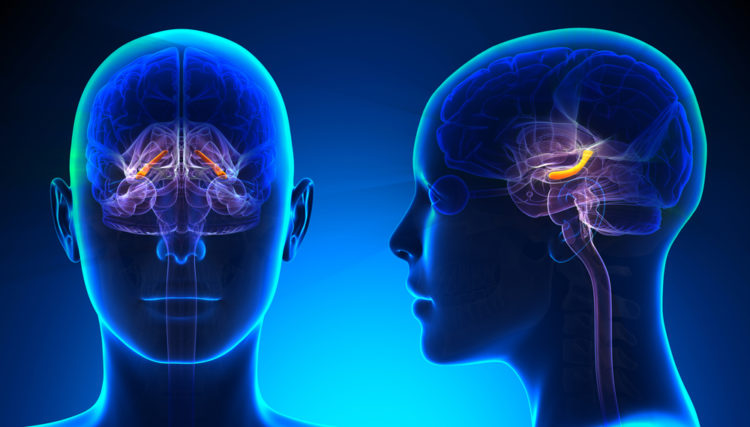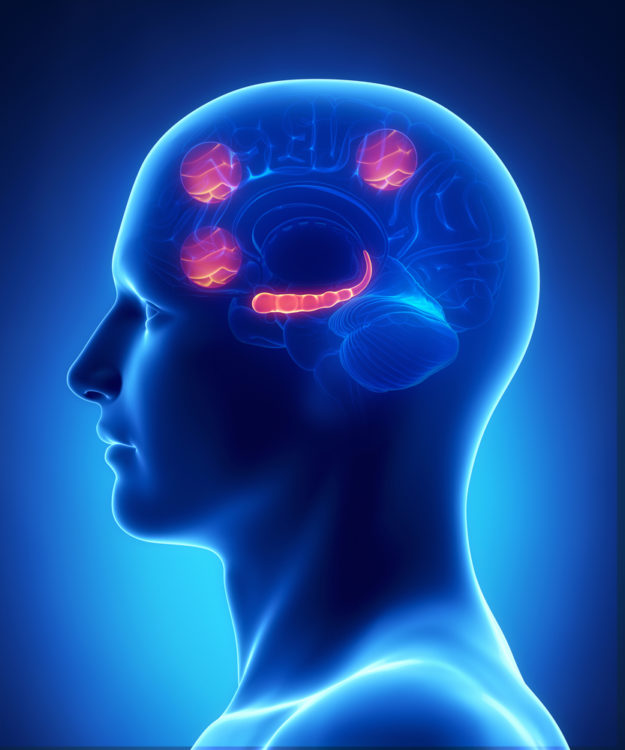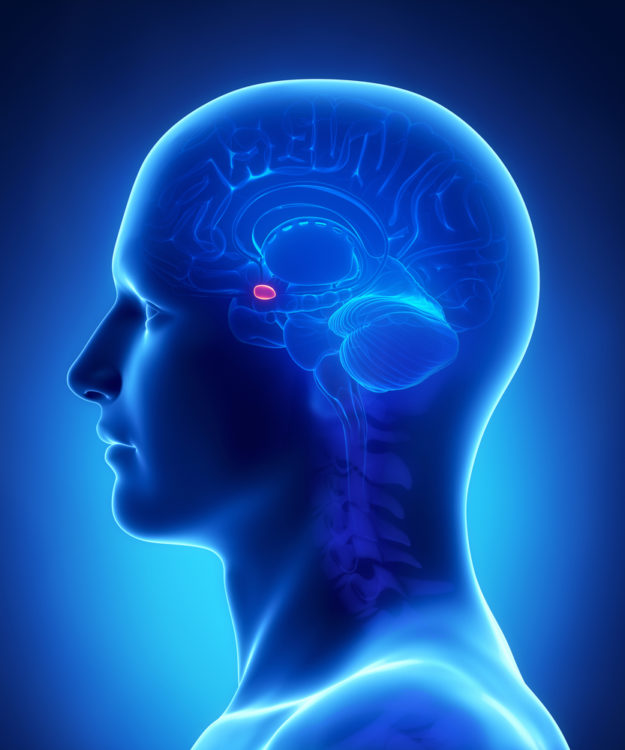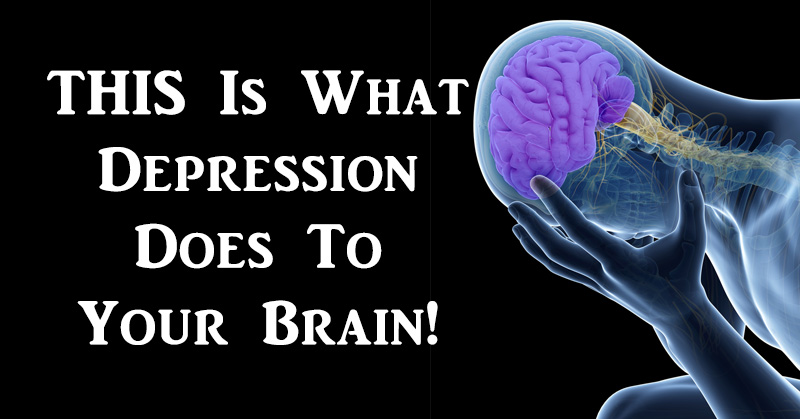For most of recorded history, depression has mystified us. Explanations for the condition have ranged from demonic possession to imbalanced body fluid levels.
Today, though, we know that at the root of depression lies a number of detectable brain changes.
This new understanding, thankfully for the 350 million of us who suffer from depression worldwide, grants us incredible insight as to how we can treat depression effectively.
In this article, we’re going to explore a few key changes that occur in the brain along with depression. We’ll also explore 3 ways to reverse those changes so you can get back to a healthier, happier you.
Change #1 – Hippocampal Shrinkage

An international study published in the journal Molecular Psychiatry reports that 65% of all depressed patients have a smaller hippocampus. The hippocampus is a region in the brain that controls emotions, learning and memory.
According to PsychEducation.org, this shrinkage occurs because of the way depression kills existing hippocampal cells and prevents new ones from growing efficiently.
Interestingly, the report in Molecular Psychiatry notes that this change only occurs in people with extended or recurring bouts of depression.
This hits home the importance of addressing your depression promptly to minimize damage.
Solution – Exercise & Omega-3 Fatty Acids
According to Dr. Majid Fotuhi, the best way to restore your hippocampus is to exercise. Research has shown that walking one mile a day lowers the risk of Alzheimer’s (another hippocampal shrinkage-related disease) by 48%.
Another way to support your hippocampus is by getting lots of omega-3 fatty acids. Dr. Fotuhi reports that higher levels of omega-3s are associated with increased hippocampus size.
I personally have seen great results in combating depression with the help of omega-3 fatty acids in supplement form.
Change #2 – Prefrontal Cortex Shrinkage

The prefrontal cortex is the part of the brain that handles dopamine, norepinephrine and serotonin – hormones that control mood.
As reported by Live Science, individuals with depression tend to experience shrinkage in this area due to the high amount of cortisol associated with depression.
Depression also causes cells in the prefrontal cortex to become less dense.
Solution – Start A Gratitude Journal
Gratitude activates your prefrontal cortex and gets its cells firing. This is super helpful when you’re suffering from a depressive disorder. It doesn’t have to be anything complex – just spend a few minutes at the end of each day writing down things you’re grateful for.
Change #3 – Amygdala Growth

Yet another study published in the journal Molecular Psychiatry reports that major depressive disorder causes the amygdala to swell. This often results in sleep disturbances and makes the body’s hormone release process go haywire.
At the root of this is the high levels of cortisol associated with depressive symptoms.
Solution – Adaptogens
Adaptogens are a super cool class of herbs that raise hormone levels when they’re too low and reduce them when they’re too high. This can work wonders for someone with a cortisol-loaded brain.
Dr. Axe recommends these adaptogens for lowering cortisol levels:
- Ginseng
- Holy basil
- Ashwaganda
- Licorice
- Rhodiola
Conclusion
If you do suspect you are suffering from depression, I encourage you to seek the help of a healthcare professional or therapist. You don’t need to jump on medication right away (or at all if you refuse) but it is a good idea to rule out any other condition and have your case examined on a personal basis.
Have a look at this post to learn about 10 natural ways you can treat depression. The video below will provide more information on how depression affects the brain.
Sources:
Dr. Axe
Molecular Psychiatry
Molecular Psychiatry (2)
Bustle
PsychEducation.org
Dr. Majid Fotuhi
Springer.com


